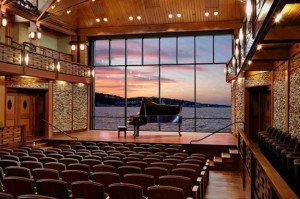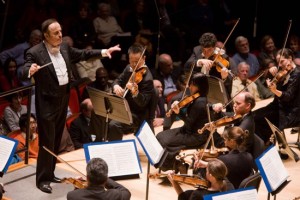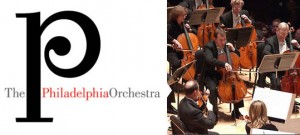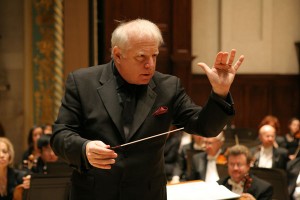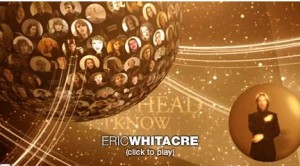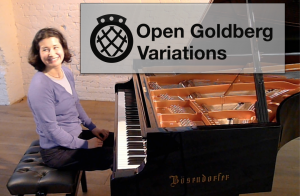
In what will hopefully become a trend in the industry, a team of musicians has recently undertaken a project to create a new, free edition of Bach’s Goldberg Variations. The project, called Open Goldberg Variations, hopes to make Bach’s masterwork available to the public by releasing both a score and recording in the public domain—that is, without copyright. The name “Open Goldberg Variations” comes from the “open source” ideology of the tech world. Just as open-source software makes the code for its programs available to the public, Open Goldberg Variations plans to create an edition of the Goldbergs that will be available for anyone to download, view, or edit without the copyright restrictions enforced by conventional publishers.
While creating a copyright-free release of both a score and recording is already exciting, the philosophy behind the project encompasses a bigger issue than simply “free Bach.” It represents a movement away from expensive, designer editions of works which amateur, or even some professional musicians, might be less inclined to purchase. This could potentially curb the frequently discouraging discovery that a desired work is either scarce, unaffordable, or both. However, like many benevolent efforts, the project must first raise enough funds to pay expenses prior to the release. View Full Article »
